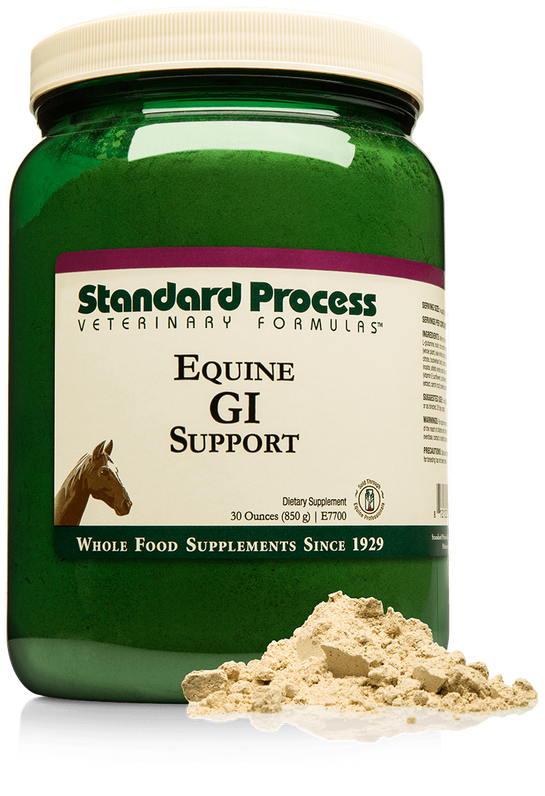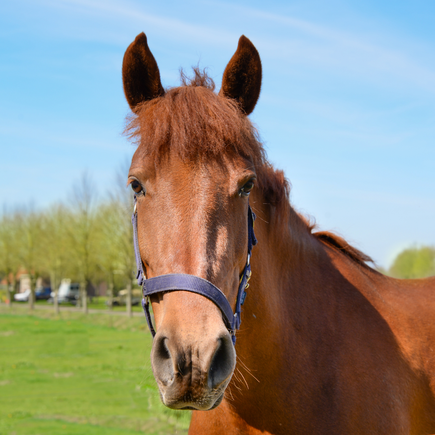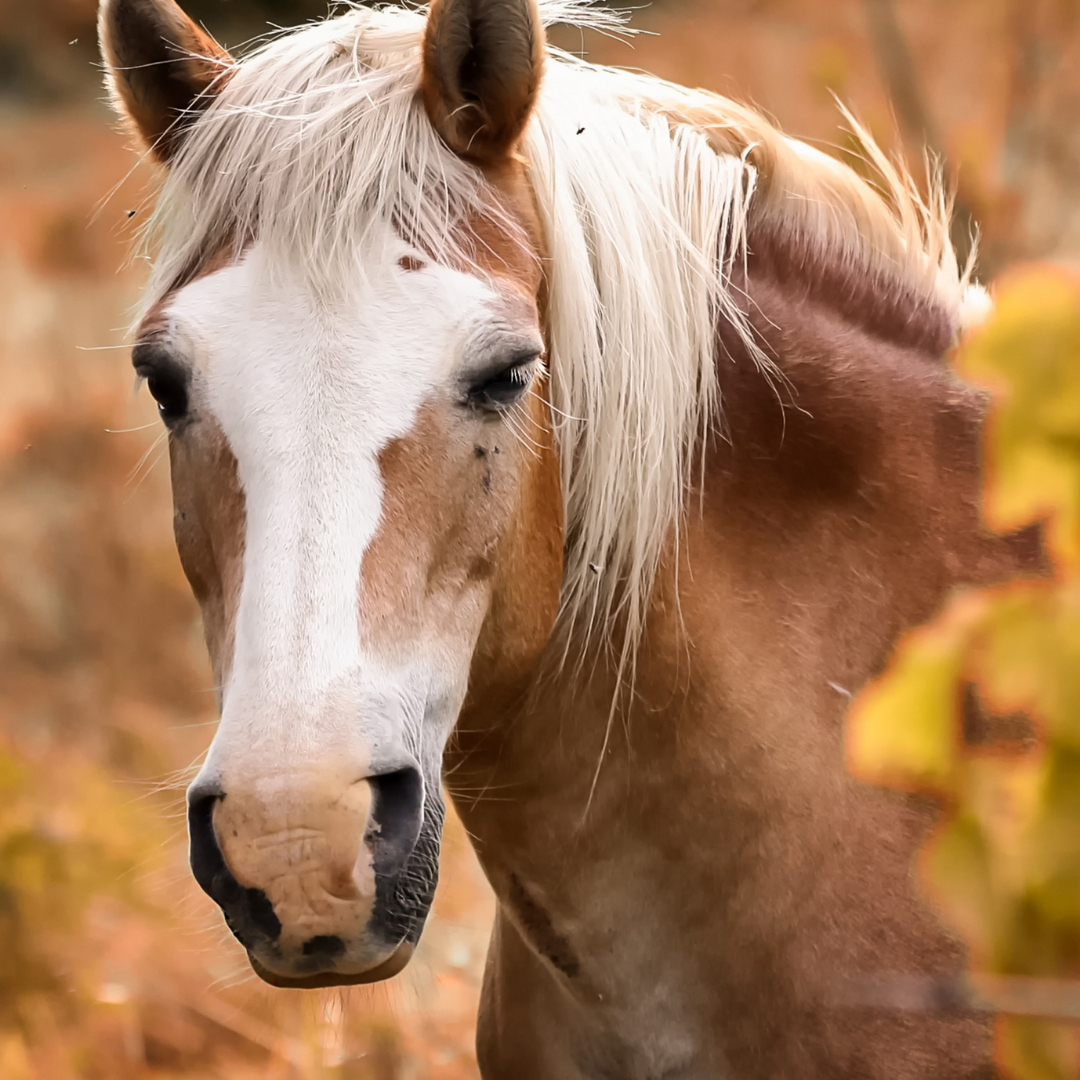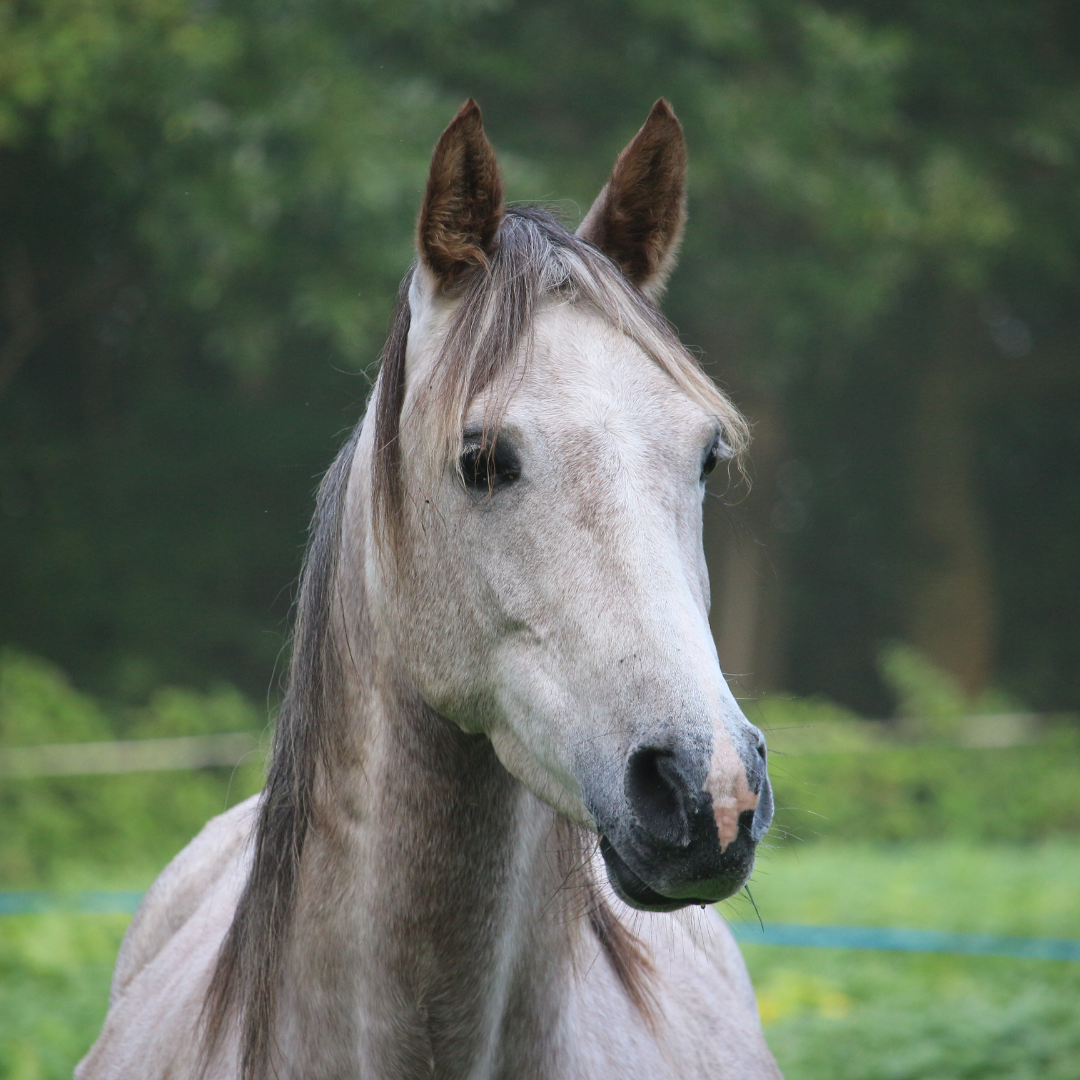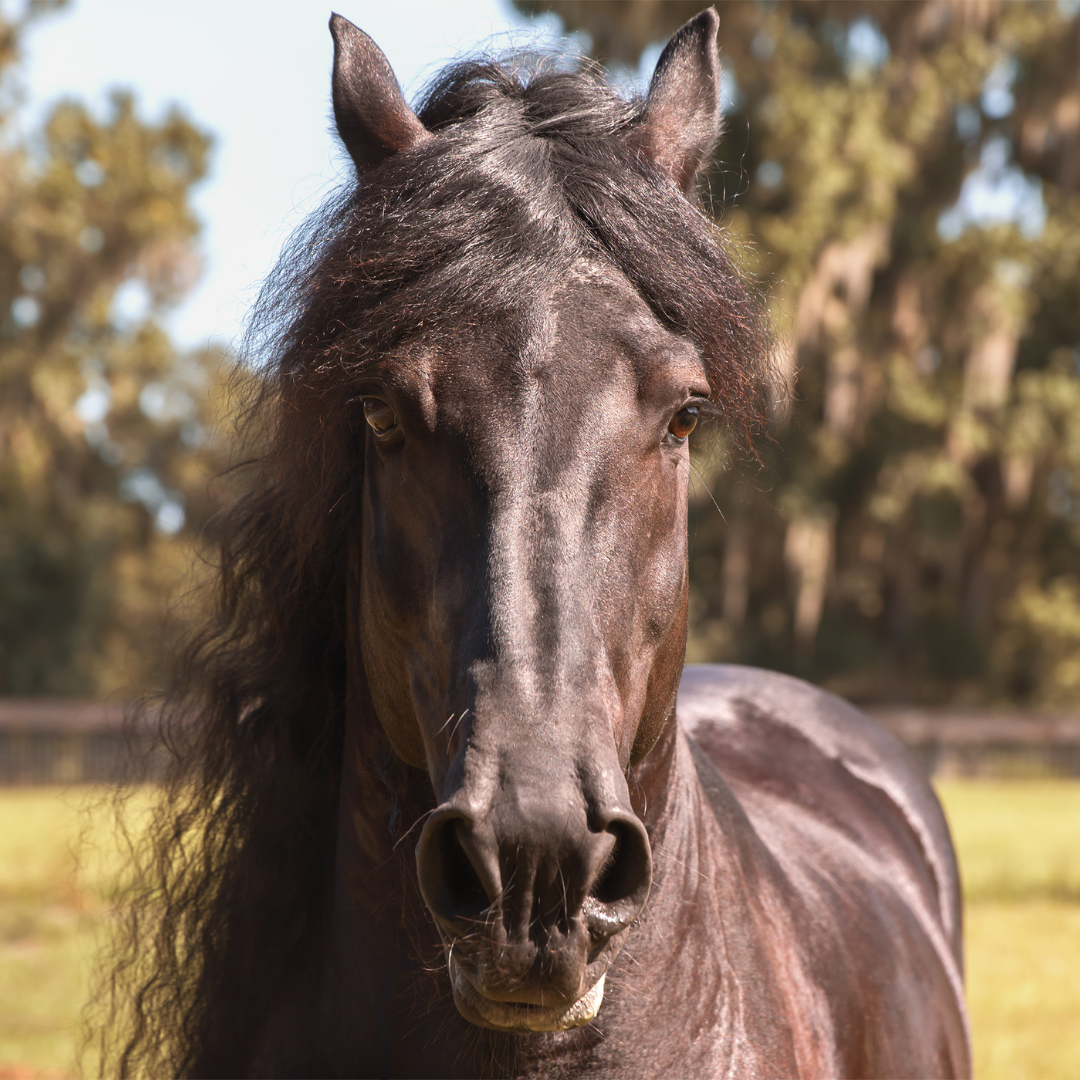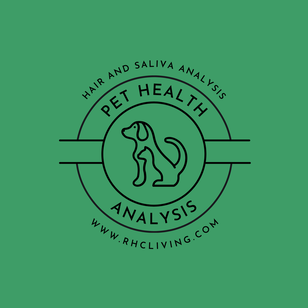Recommendation:
Equine GI Support
|
The equine gastrointestinal (GI) tract is an extensive set of organs that must efficiently function together to support adequate nutrition for the horse to maintain a cooperative working attitude and pleasant disposition. Horses experiencing a challenge to the GI tract may or may not display a perceivable change in behavior, eating patterns, or performance.
Equine GI Support contains a variety of whole food and other ingredients that may support:
Indications for Use:
Or, Set up your free Patient Direct Portal
|
Equine Probiotics can improve gut and animal health in four main ways:1. Lowering the pH of the Gut
2. Combating Pathogenic Bacteria 3. Stimulating Immune Cells 4. Protecting Against Toxins |
Signs of an Imbalanced Equine Microbiome
Bloating, abdominal discomfort
Colic and colitis
Diarrhea or constipation
Weight loss or poor weight gain
Periodontal disease
Laminitis
Ulcers
Systemic inflammation
Changes in behavior
If you see any of these signs in your horse, they could indicate disrupted gut function in your horse.*
- Shifts in the microbiome might cause gas buildup in the gut which can be observed as bloating and discomfort. These horses might show changes in their behavior and mood, including a reluctance to being handled.
Colic and colitis
- Horses with altered gut microbiomes are more likely to develop colic or colitis.
Diarrhea or constipation
- Changes in the microbiome can cause too much or not enough fluids to be pulled into the intestine leading to diarrhea or constipation. This could also be related to changes in gut motility.
Weight loss or poor weight gain
- Affected horses might experience poor digestion of feed related to an imbalance of microbes. This may also be attributed to gastric ulcers or inflammatory bowel diseases.
Periodontal disease
- Poor condition of teeth in horses has been associated with imbalances in the microbiome.
Laminitis
- Dietary factors such as lush grass and high-grain diets are likely to change the microbiome and cause intestinal inflammation which can lead to laminitis.
Ulcers
- Horses with gastric ulcers are likely to be on high-grain diets that can also cause hindgut issues. If your horse has Equine Gastric Ulcer Syndrome (EGUS) look out for signs of hindgut problems such as diarrhea, bloating or hypermotility.
Systemic inflammation
- Fever, difficulty breathing, and rapid heart rate can all indicate infections in the body that might be due to intestinal inflammation caused by overgrowth of pathogenic bacteria.
Changes in behavior
- Horses with gut disturbances might be more agitated, reactive, less settled and hypervigilant of their environment.
If you see any of these signs in your horse, they could indicate disrupted gut function in your horse.*
Disclaimer: Don't forget to consult your vet prior to using any equine supplement. You can also check in with your local holistic pet store ([email protected]) for advice.
Hair & Saliva
Pet Health Analysis
For more information on the RHC Pet Health Hair & Saliva Analysis, click here.
*Disclaimer
The material available on this web site, without limitation, is provided for informational and educational purposes only and is not meant to take the place of the advice of your veterinarian. We cannot examine your animal and/or give you veterinary advice. Only veterinarians who examine your animal can give you veterinary advice or diagnose you or your animal's medical problem. If you are viewing this site and have come here because your animal is ill, contact a veterinarian IMMEDIATELY. Your reliance on the information you get from this website is solely at your own risk. If your animal has a specific health problem, contact your veterinarian. Also note that while we frequently update our content, veterinary information changes rapidly. Therefore, some information may be out of date.
